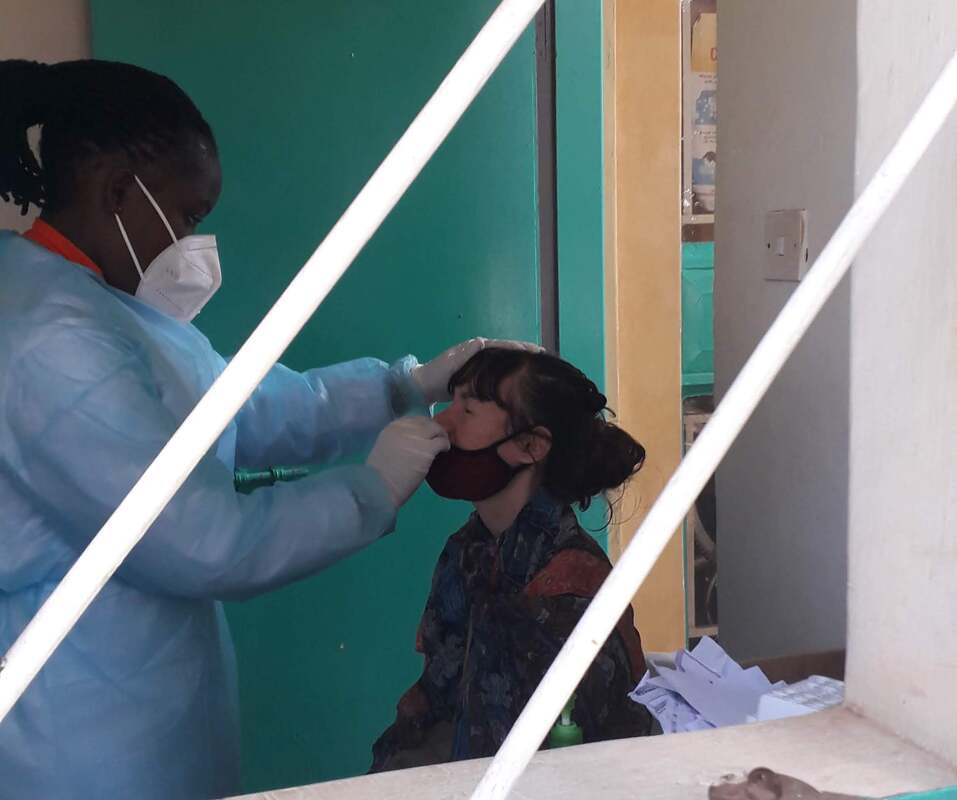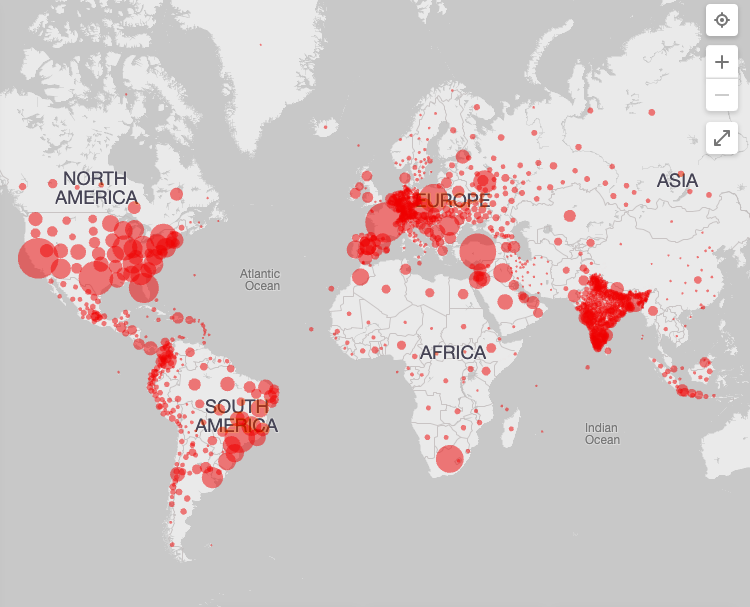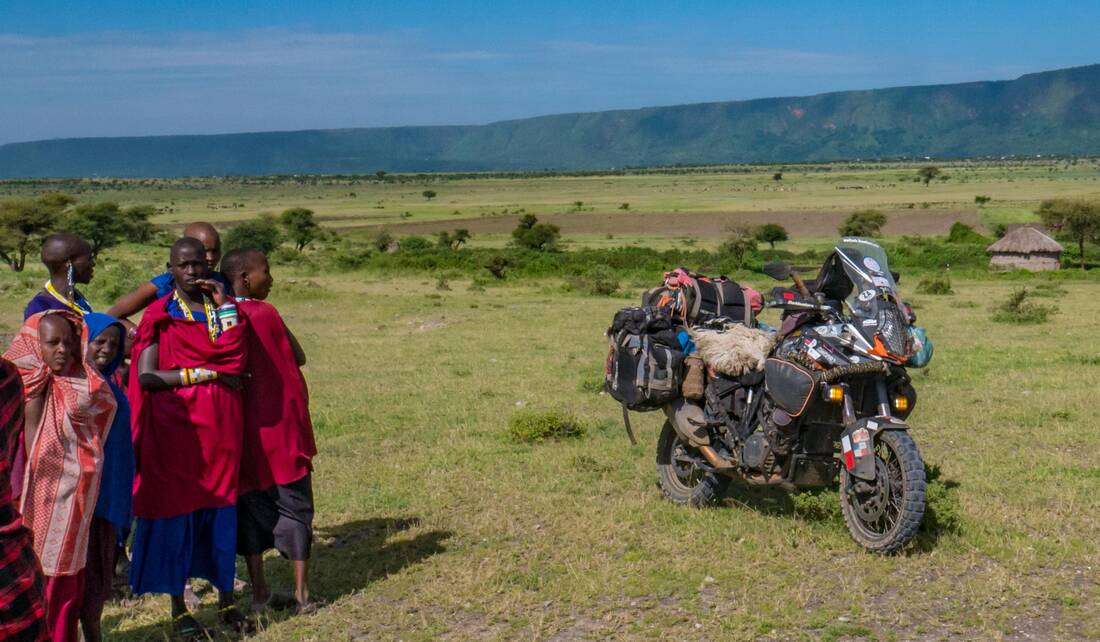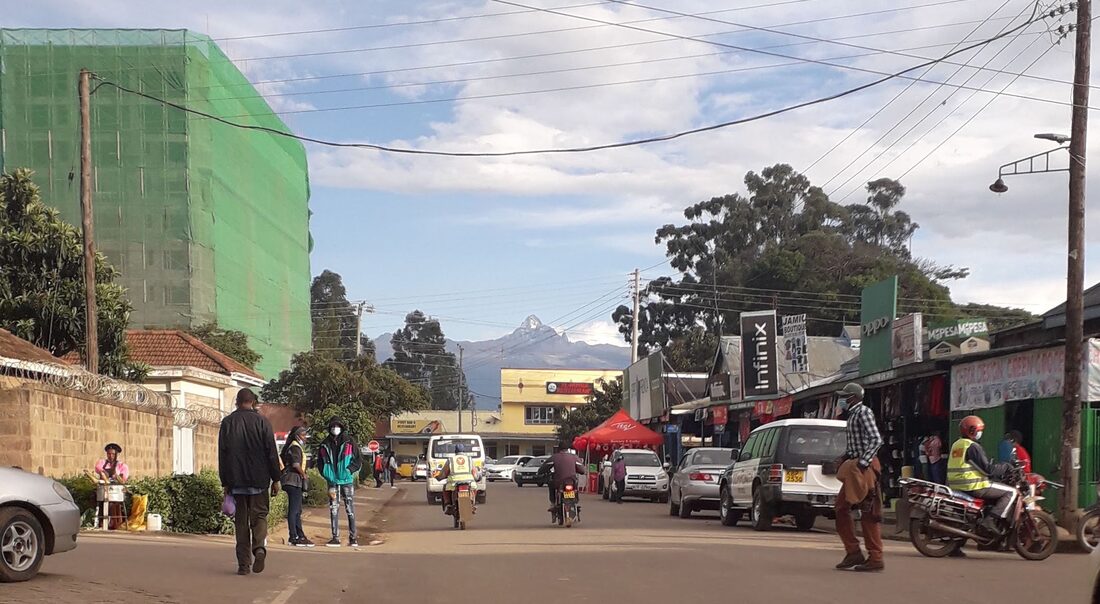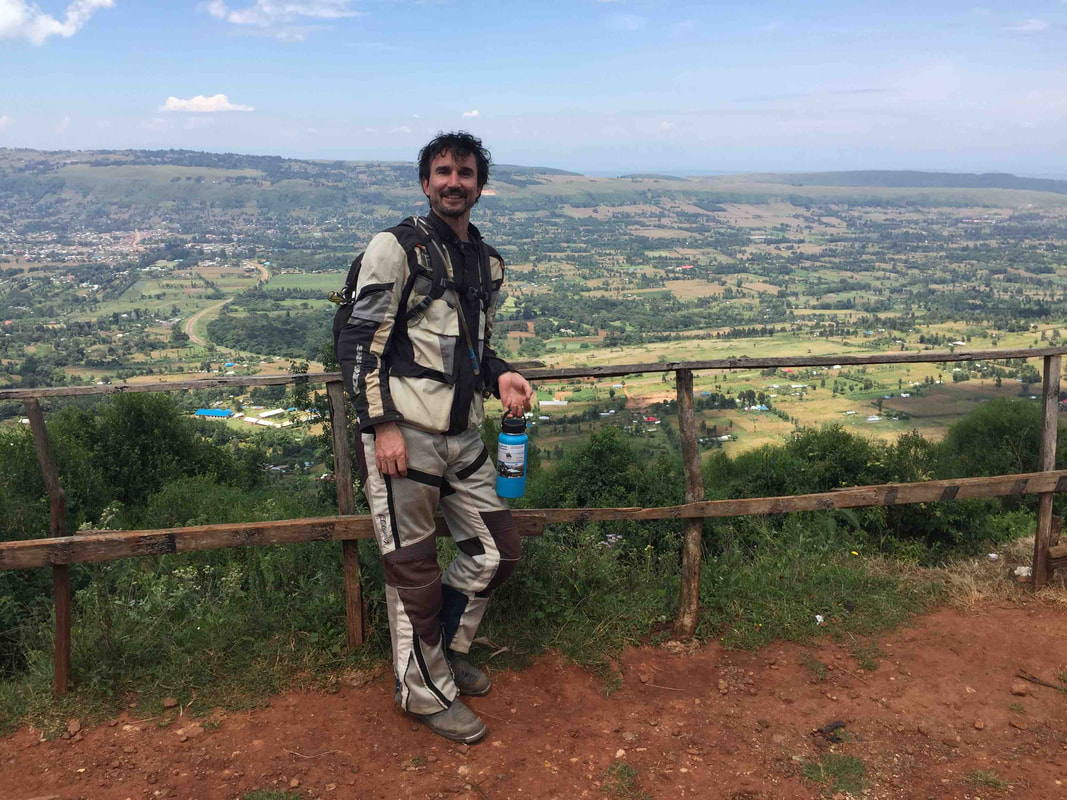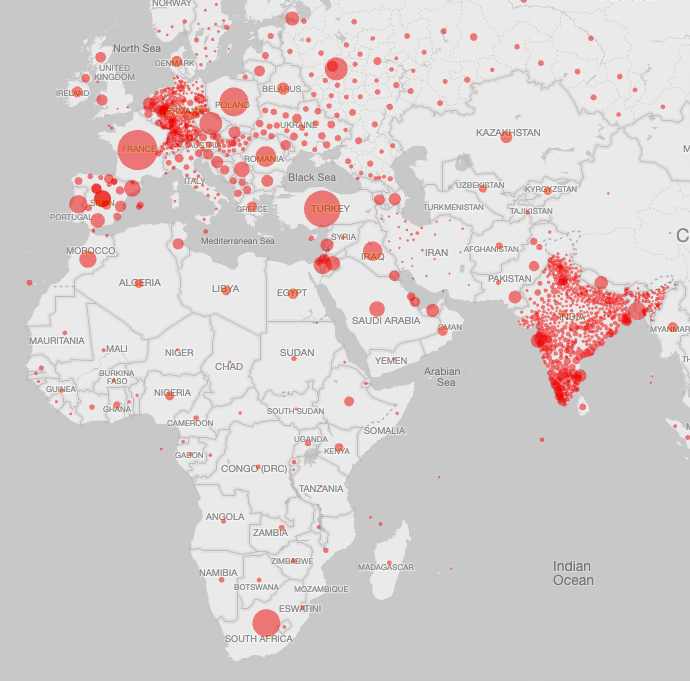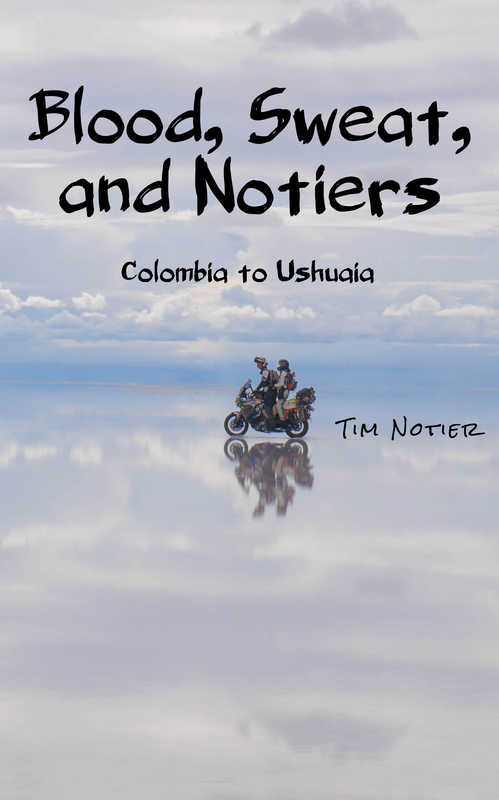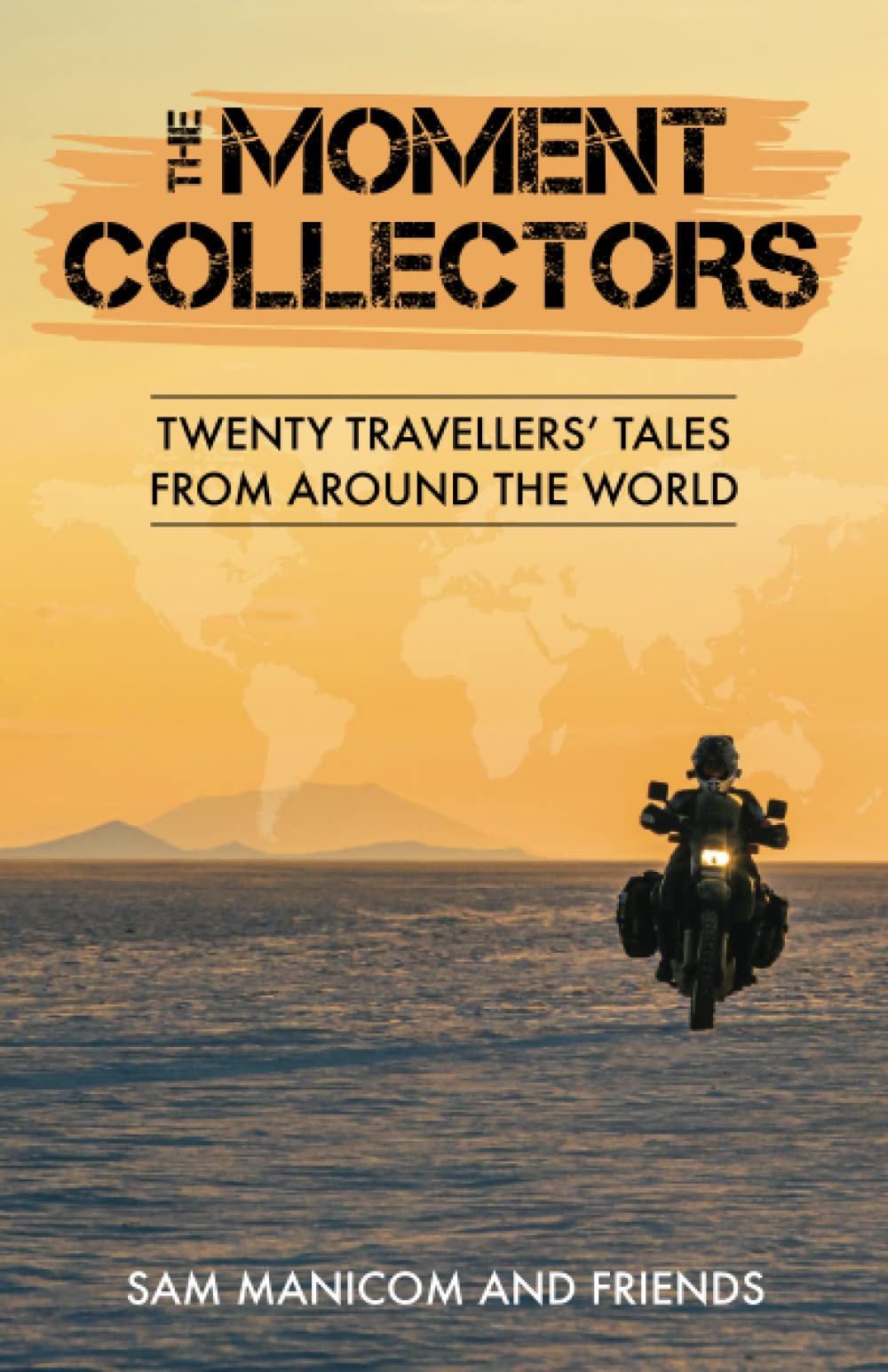By Marisa NotierThe Notier NotesOur Sunday Scoop When the pandemic first hit back in March, we were in Uganda, and I was definitely freaking out. My first instinct was to go home to the US where the health care infrastructure is leaps and bounds what they have here, where the government can financially sustain a prolonged lockdown, and where most people can social distance. Uganda, on the other hand, is the complete opposite. Extended families often live cramped together in single-room dwellings, the vast majority of people can't work from home, and the health care system... well let me just put it this way - the entire country of Uganda had three ventilators. They've since received donations of many more, but the expectation was that once Covid-19 hit sub-Saharan Africa, this region was going to be a humanitarian catastrophe. But strangely enough, that didn't happen. For many reasons (which I outline in this post), we ended up staying in Africa, and I've been very thankful that we did. Because amazingly, the Coronavirus hasn't hit most of Africa as hard as everyone feared. But why? It sort of defies logic, and there's not a day that goes by where I don't think about it. It should be noted that most countries in Africa are not testing at the same capacity as other regions of the world. Some simply don't have the resources, and there are even reports of Corona deaths being labeled as malaria or other illnesses. Tanzania, for example, claimed that they got rid of Coronavirus back in April and haven't reported a single case since. Of course, we know this isn't true, since Tanzanian truck drivers test positive at the Ugandan border all the time. But Tanzania is a country that has done absolutely nothing to combat the virus. No testing, no lockdown. Simply denial. But at the same time, you don't hear any stories of overwhelmed hospitals in Tanzania either. And from my own personal experience on the ground in Uganda and Kenya, I think the numbers that are reported here are fairly accurate (unlike Tanzania, they send out daily reports). Life goes on like normal (minus the lack of tourists), people wear masks, but nobody on the street we meet has ever known anyone who's gotten sick. Whereas when I talk to friends in the States, almost all of them know of someone who has died. So what is going on here? The truth is, no one knows the answer to this question. One day we might do enough studies to figure it out definitively, but until then, we can only speculate. The Obvious AnswersAfrica does have some advantages in tackling viral outbreaks since they've done it before (ebola, AIDS, malaria, dengue...). But also, many African countries had a head-start on the rest of the world and cracked down hard at the beginning of the pandemic, slowing the spread immediately. And demographics also play a part. Many people here are young and healthy, with few co-morbidities such as obesity or smoking. And the climate of the region, being near the equator with no winters, no flu season, lots of sunlight, and also a lifestyle that's predominantly outdoors, has really helped. But this doesn't explain everything, because look at Brazil. They have similar demographics, living conditions, and climate, and they've been hit very hard. The Less-Obvious AnswersThere is also a theory about people living in close-quarters together where lots of diseases spread easily, such as in shanty towns. Could it be that because these people are constantly exposed to other viruses, like the common cold, that they are more resistant to the Coronavirus? But again, Brazil has the same conditions, but have also had terrible outbreaks. There's got to be more to it. Some people have noted that when you look at a map of Covid outbreaks, and a map of countries with malaria, it looks that places with lots of malaria also seem to have fared well against the Coronavirus. In sub-Saharan Africa, South Africa has had the most Covid outbreaks by far, and they're also the only country in the region without malaria. We also know that because of the constant exposure to malaria here, Africans have a small resistance to it (they are not immune though). But maybe this resistance to a virus such as malaria has helped them to also resist a virus such as Covid-19? But there is no proof of any of this yet. Most likely, the answer is a combination of these theories, and only time will tell what is right and wrong. But until then, I'm happy to be in a place that has so far avoided the worst of this pandemic.
Today we're traveling to Nairobi to renew our visas, so next week I'll tell you about our adventures in the big city. Of course, just because Africa has done well with the virus, doesn't mean we're completely safe from it here. We will take every precaution we can on our journey. We'll let you know how it goes. Be safe and have a great week! And I leave you with a guaranteed smile - Marco, one of our twin kittens! |
Follow UsRide with us from Chicago to Panama!
2Up and Overloaded Get inspired by the tale that started it all:
Maiden Voyage 20 author's tales of exploring the world!
The Moment Collectors Help us get 40 miles further down the road with a gallon of gas!
Become a Patron for early access to our YouTube Videos!
Subscribe to our YouTube Channel!
Subscribe to our Blog by Email
|
2Up and Overloaded
Join our clan of like-minded adventurers...
Proudly powered by Weebly
Designed by Marisa Notier

